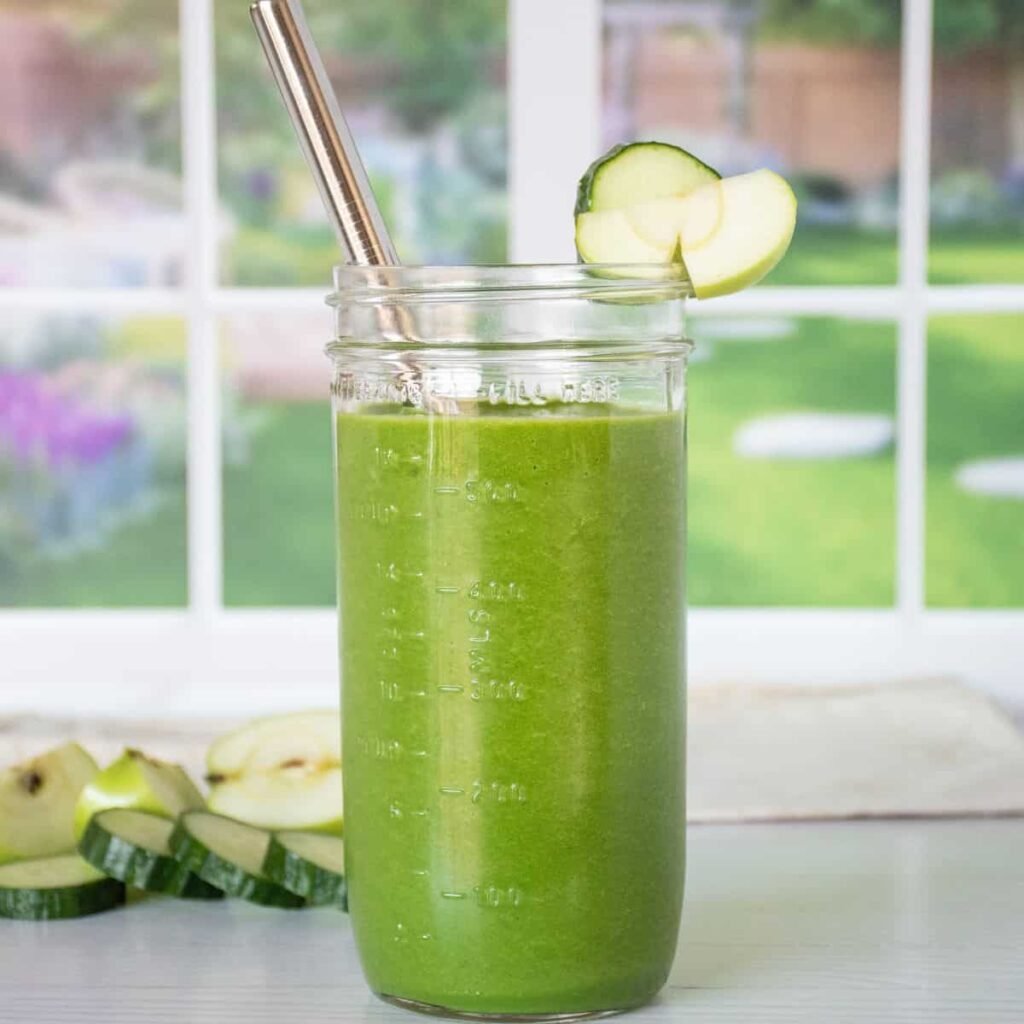Nutrition
Kokonte and hot pepper

Kokonte is a staple food eaten in many parts of Ghana, Togo and other West African countries. It is primarily made of dried cassava flour.
The method of preparation is similar to that of banku and tuo zaafi. It has a unique brown colour which differentiates it from banku, fufu, akple or tuo zaafi.
Kokonte or konkonte is mostly taken as lunch or dinner and served with groundnut soup, okro stew, light soup, palm nut soup or ground pepper.
Kokonte also known as ‘face the wall’ is sold in local eateries (chop bars) in Ghana and can also be prepared at home.
Ingredients
Dried cassava flour Water
Ingredients for hot pepper
Three large tomatoes
Three peppers
Two large onion
Two tablespoonfuls of salt
Preparation
-Pour two cups of water into a metallic cooking pot
-Place it on the source of heat and boil
-Whiles boiling, fetch some of the hot water and set aside.
-Add two and half cups of cassava flour to the boiling water in bits
-Stir with the wooden spatula whiles adding to ensure there are no lumps formation.
-Knead the mixture with the wooden ladle to form a thick and consistent paste.
-Continue kneading till you get the texture you need with no lumps.
-When cooked, use a small bowl to scoop and mould into desired sizes.
-Serve whiles hot with groundnut soup or palm nut soup.
-Store the remaining into a refrigerator or food container.
-Wash tomatoes, pepper and onion under running water.
– Grind pepper and onion and add salt to taste.
-Add tomatoes, when ready and serve with kokonte.
Source: Recipejoint
Nutrition
Palm nut soup

Palm nut soup is a Ghanaian dish that can be served with so many foods. It has a rich base of palm nuts combined with tomatoes and various vegetables that makes it very nutritious.
Preparation
Ingredients
– 1 kilogramme of palm nut
– Half kilogramme of beef
-One kilogramme of goat meat
-Three large salmon
-One full tuna
– A handful of turkey berries
-Two large onions
-4 large tomatoes
-3 large garden eggs
– One tin of mackerel
-Ten large peppers
– One large ginger
-2 cloves of garlic
– Four fingers of okro
– Salt to taste
Instructions
-Wash, cook palm nut, turkey berries, and pepper and add salt to it.
-Grind palm nut, turkey berries and pepper with mortar and pestle or mini food processor.
-Wash goat meat, beef, Tuna, salt and put on fire.
– Blend onion, garlic, ginger and tomatoes and pour on the goat meat.
– Add smoked tuna and salmon and okro to the soup.
-Use a spoon or ladle to skim off the surface oil.
-Garnish the soup with the okro or garden eggs as desired.
-Serve with fufu, banku or Omo tuo.
Nutrition
Cucumber and apple smoothie

Ingredients
-Two medium sized cucumber
-Three apples
-Four tablespoonful of honey
-Crushed ice
-Two cups of yoghurt
-One tablespoonful of blended ginger
– One tablespoonful of celery and mint
Preparation

-Wash and slice cucumber, apple into smaller sizes
-Blend until it is smooth
-Add honey and a little water to it
-Add crushed ice and yoghurt
-Blend it till you achieve your desired texture
– Then serve







